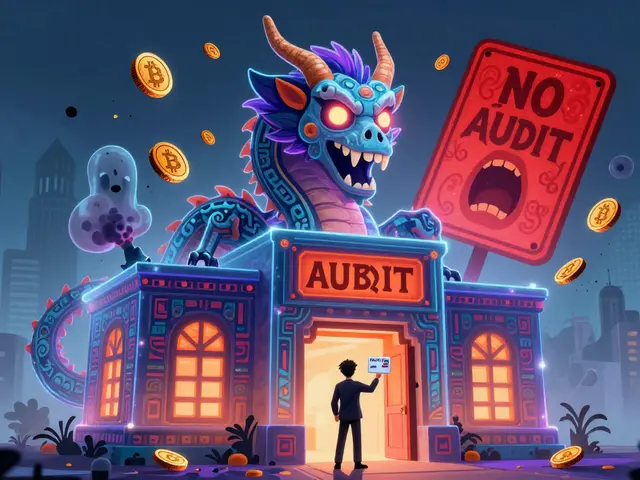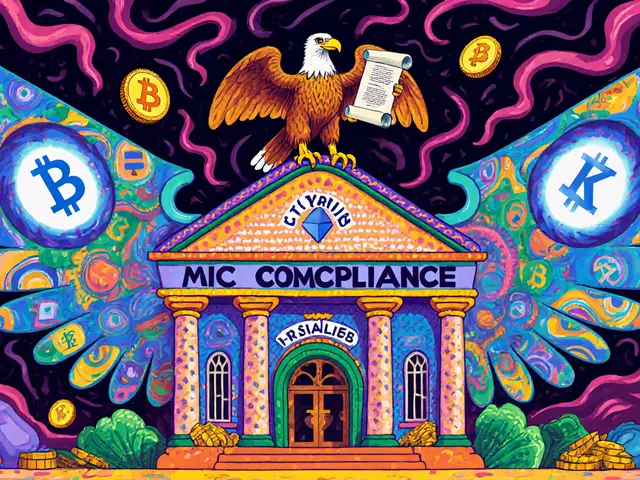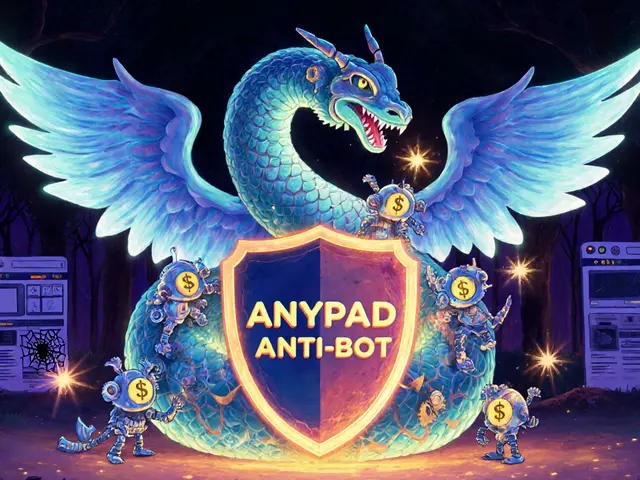Yield Farming Taxes: What You Owe and How to Track It
When you earn rewards from yield farming, the practice of locking up crypto in DeFi protocols to earn interest or token rewards. Also known as liquidity mining, it's one of the most popular ways to make money in crypto—but the tax rules don't care how cool your wallet looks. The moment you get paid in tokens, even if you don’t sell them, the IRS and many other tax agencies treat it as taxable income. That’s right: getting 0.5 ETH as a reward for staking your USDC? That’s a taxable event. No sale needed. No cash in hand. Just a transaction on the blockchain, and now you owe taxes.
Most people think taxes only kick in when they cash out. They’re wrong. Every time you swap one token for another—say, turning your SUSHI rewards into USDT—that’s a capital gain or loss. Even paying a gas fee in ETH to claim your yield? That’s a disposal of ETH, which triggers a taxable event. It’s not just the rewards. It’s the movement. It’s the swaps. It’s the fees. And if you’re using multiple chains, wallets, or protocols, tracking this manually is nearly impossible. Tools like Koinly or TokenTax help, but they only work if you feed them the right data. Many users lose money not because their farm failed, but because they didn’t record their transactions and got hit with a surprise tax bill.
Some crypto projects claim their rewards are "gifts" or "airdrops" to avoid taxes. Don’t believe it. The IRS has been clear: if you actively participated in a protocol to earn tokens, it’s income. The same goes for European tax authorities and Australia’s ATO. Even if you’re in a country without clear rules, you’re still responsible. The blockchain doesn’t forget. Every transaction is public. Audits are happening. And the people who got caught last year didn’t get a warning—they got penalties, interest, and sometimes criminal charges.
What you’ll find here aren’t theoretical guides or generic advice. These are real-world breakdowns of how yield farming taxes play out in practice. From how to handle multiple token claims on Ethereum and BSC, to what happens when a farm shuts down and you’re left with worthless tokens, to why your gas fees matter more than you think. You’ll see cases where people paid thousands in taxes because they didn’t track their swaps, and others who saved hundreds by timing their moves right. This isn’t about avoiding taxes. It’s about understanding them so you don’t get blindsided.










